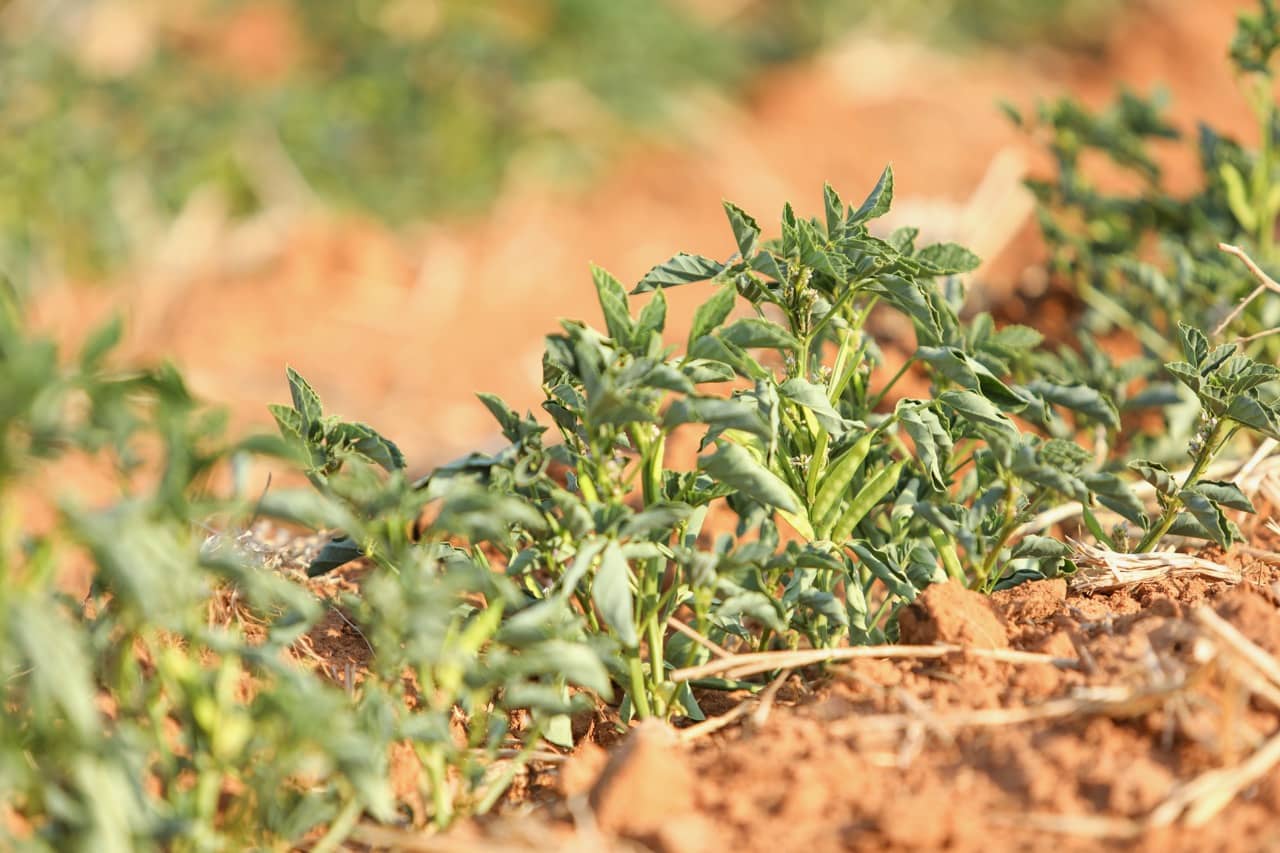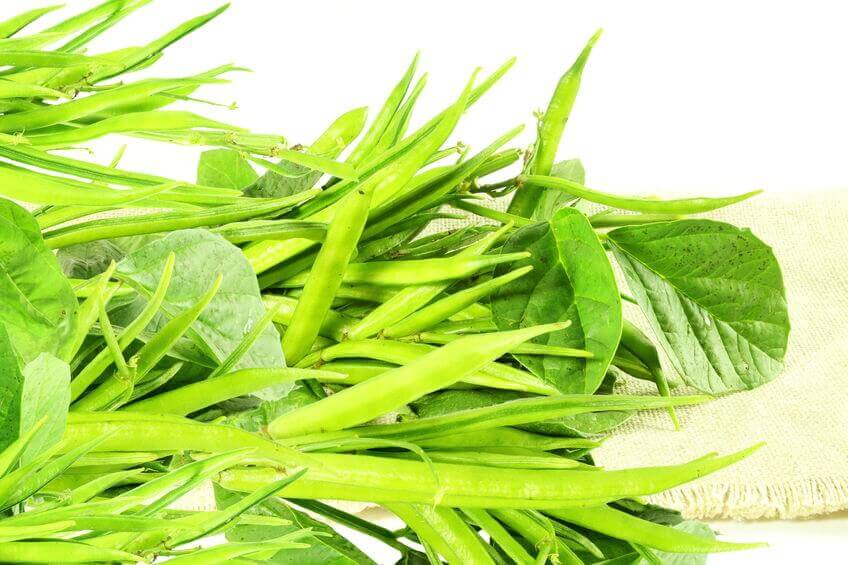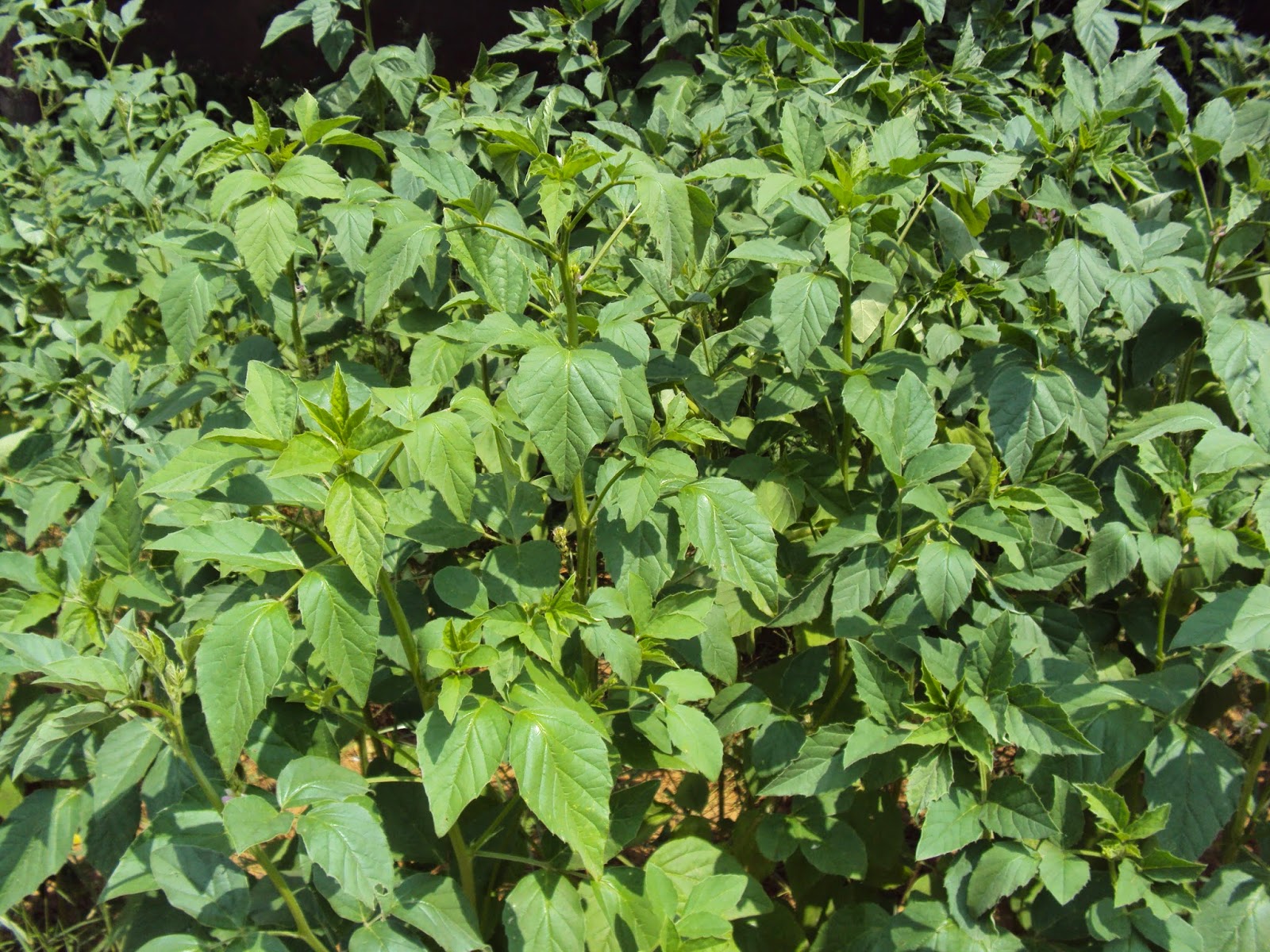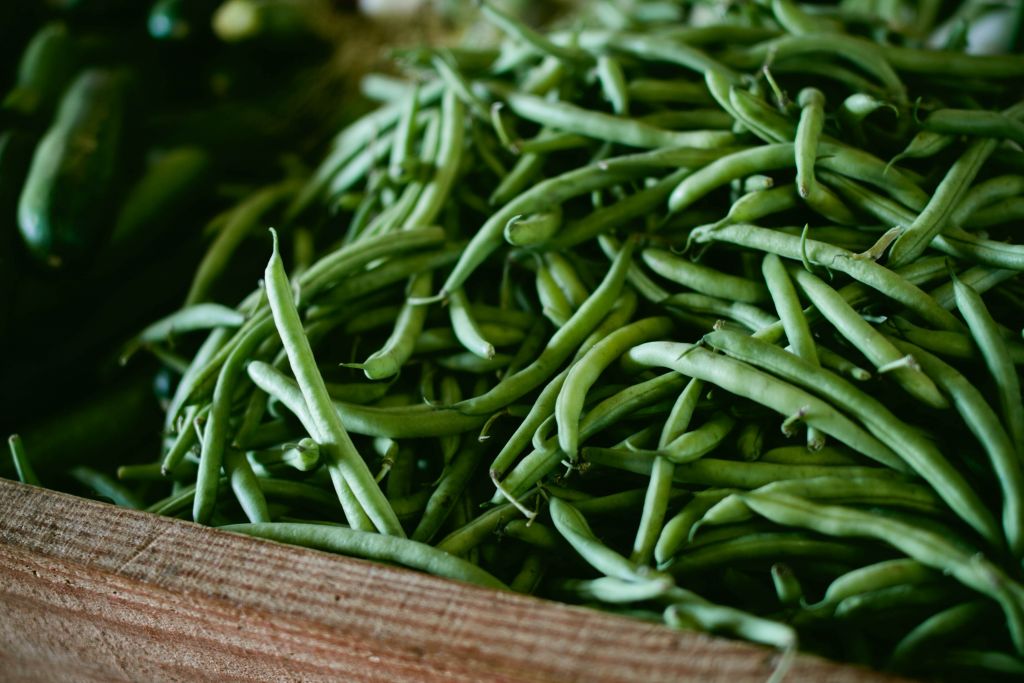-
Introduction
JINGKUN and NGO organizations and Indian suppliers have implemented a plan called Leveraging climate-smart value chain interventions to empower farmers in the Bikaner district of Rajasthan, aiming to achieve sustainable development of the entire supply chain of guar gum raw materials and finished products and to enhance the quality of guar gum. So as to bring substantial help to Indian farmers who grow guar beans, and continue to pay attention to poor families and women's lives and children's growth education.
-
Why do we Intervent Guar Value Chain
Experts and studies envisage that the future of the guar industry is for specialized applications and derivatives. This demands leveraging investment, knowledge management, technology, and partnerships to strengthen the value chain both downstream and upstream. Nonetheless, there is an urgent need to address the barriers and bottlenecks to increase the efficiency and profitability at the producer’s level leading to better sustainability of the supply chain for quality Guar and its value-added products. In this context, it is imperative to design, test, execute, and track interventions that enable the farming community to adopt climate-smart agricultural practices and get benefitted for long term.
-
What is our Purpose
Demonstrate Climate Smart Interventions to enhance the production and income from Guar-based Cropping Systems to improve soil health, land, and crop productivity, generate employment and improve the economic condition of farmers.
-
What we did for Guar Value Chain Interventions
Diagnostic and scoping study of Guar based Cropping Systems.
Develop and deliver a climate smart integrated agricultural extension program.
Customization of Farmer Field School (FFS) approach for demonstration.
Form and nurture producer’s institutions (PIs).
Facilitate and nurture Market linkages.
Unleash the power of Blockchain-enabled traceability.
Convergence & dovetailing with state and central government schemes.
-
What will we get
Enhance capacity -knowledge, attitude and skills- of farmers to adopt best practices in Guar based cropping systems.
Enhancement of land productivity through CSAs and PFTs.
Rejuvenation of marginal lands especially cultivable wastelands.
Diversification of cash crop-based farm economy of farmers.
Doubling of farmers income from farm based incomes.
Generation of employment to youth and women.
Food security and nutrition at household level.






